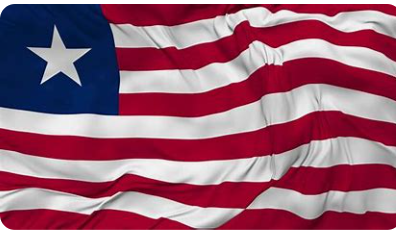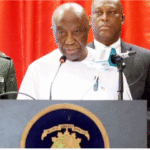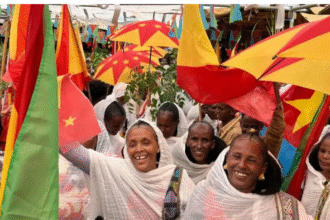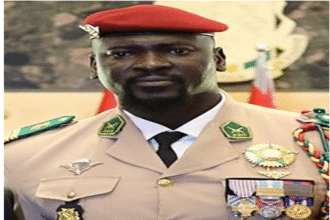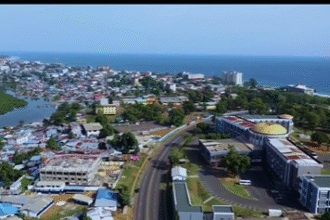By Jones N. Williams
WEST AFRICA, 30th July 2025 – Liberia, a nation with a rich history and a resilient spirit, is steadily working to rebuild its economy and attract foreign direct investment (FDI). Emerging from decades of civil conflict and more recently, the devastating Ebola and Covid-19 crisis, the country presents a unique investment profile characterized by significant untapped potential alongside resolvable infrastructure and governance challenges. For the discerning investor, Liberia offers a frontier market with substantial medium and long-term growth prospects., and investment returns.
Strengths and Key Opportunities
- Abundant Natural Resources: Liberia is richly endowed with natural resources, friendly and welcoming people, and a strategic geographical regional location that form the bedrock of its economy:
- Mining: Large deposits of iron ore, gold, diamonds, and bauxite. Major players like ArcelorMittal are already active, and there’s potential for new exploration and value addition.
- Agriculture: Vast tracts of arable land suitable for rubber (historically a major export), oil palm, cocoa, coffee, rice, and timber. There’s immense potential for commercial farming, food security, and agro-processing.
- Forestry: Significant timber resources, though sustainable management is crucial and presents opportunities for certified sustainable logging practices.
- Fisheries: Extensive coastline with rich fishing grounds, offering potential for commercial fishing and aquaculture development.
- Strategic Geographical Location: Located on the West African coast in a sixteen country Economic Community of West African States (ECOWAS) region, Liberia offers deepwater ports (notably the Freeport of Monrovia, Port of Buchanan, Port of Harper, and the Port of Greenville) that can serve as a gateway to the broader West African market. This position is ideal for logistics, trade, and regional distribution hubs.
- Untapped Tourism Potential: With pristine beaches, diverse wildlife (Sapo National Park), and a unique historical narrative (e.g., its connection to American freed slaves) and non-align foreign policy, Liberia has the raw ingredients for developing an eco-tourism and cultural tourism industry.
- Government Commitment to Reform: The Liberian government has expressed a strong commitment and taking the right steps and concrete actions to improving the business climate, attracting investment, and diversifying the economy.
- Liberia Investment Promotion Agency (LIPA): Functions as a one-stop shop to facilitate investment, provide information, and assist investors.
- Ongoing Reforms: Efforts are underway to strengthen the legal framework, improve transparency, and reduce bureaucratic hurdles.
- Young Population: Liberia has a predominantly young and growing population, which represents a current and potential future workforce and consumer base.
Challenges and Risks
Despite the opportunities, investors must be aware of and prepared to navigate a few significant challenges:
- Infrastructure Deficit: Though being addressed at the moment, this is perhaps the most significant hurdle.
- Power: High cost and unreliability of electricity remain major deterrents. While progress is being made (e.g., rehabilitation of the Mount Coffee Hydroelectric Plant), power access is still limited outside major urban areas.
- Road Networks: Poor road conditions, especially in rural areas, hamper logistics and market access. However, the government is making progress in addressing these challenges with concrete ongoing construction activities and projects.
- Port and Air Infrastructure: While improving, there’s a need for further modernization and expansion of port and airport facilities.
- Human Capital and Skills Gap: Decades of conflict have impacted the education system, leading to a shortage of skilled labor across various sectors, particularly in technical and vocational fields. Commitments and support are being directed in this area.
- Governance and Rule of Law: Concerns persist regarding:
- Corruption: While the government is implementing anti-corruption measures, it remains a perceived challenge.
- Judicial System: The efficiency and predictability of the legal and judicial system can be a concern for contract enforcement and dispute resolution. Reforms and focus are being placed in this area with actionable steps and measurable progress so far..
- Regulatory Environment: Navigating the regulatory landscape can be complex and requires local expertise. The government is committed to addressing these gaps and ensuring that the regulatory landscape is business and investment friendly.
- Access to Finance: Local financial markets are still developing, and access to affordable, long-term financing can be difficult for both domestic and foreign investors.
- Economic Diversification: The economy remains heavily reliant on raw material exports (rubber, iron ore), making it vulnerable to global commodity price fluctuations. However, efforts are being made to position and capitulate the country into a knowledge-based economy.
- Land Tenure Issues: Ambiguities and disputes over land ownership can pose challenges, especially for large-scale agricultural or infrastructure projects. These challenges are being addressed with the establishment and functioning of the Liberia Land Authority.
Key Sectors for Investment Focus
Based on its profile, the most promising sectors for investment in Liberia include:
- Mining and Energy: Exploration, extraction, and processing of minerals; development of renewable energy sources (hydro, solar).
- Agriculture and Agro-Processing: Commercial farming of staple and export crops; value addition through processing (e.g., rubber, palm oil, cocoa).
- Infrastructure Development: Investment in power generation and distribution, road construction, port modernization, and digital infrastructure.
- Fisheries: Commercial fishing, aquaculture, and fish processing.
- Tourism and Hospitality: Development of resorts, eco-lodges, and related services.
- Logistics and Supply Chain: Capitalizing on Liberia’s strategic location to develop regional warehousing and distribution hubs.
- ICT and Digital Services: Growing demand for internet connectivity and digital solutions.
Navigating the Investment Landscape
Prospective investors in Liberia should consider:
- Thorough Due Diligence: Engage local experts and conduct comprehensive feasibility studies.
- Local Partnerships: Collaborating with reputable local partners can ease market entry and navigation.
- Long-Term Horizon: Liberia is a market for patient, medium and long-term investors willing to grow with the nascent economy.
- ESG Considerations: Incorporating environmental, social, and governance (ESG) principles is increasingly important and can mitigate risks while enhancing positive impact.
- Engagement with LIPA: Utilize the resources and support offered by the Liberia Investment Promotion Agency.
Conclusion
Liberia’s investment profile is a compelling narrative of resilience, recovery, and vast untapped potential. While the journey towards full economic prosperity is ongoing and significant challenges remain, the country offers a unique “first-mover” advantage in key sectors. For investors willing to commit medium and long-term and navigate the inherent complexities of a frontier market, Liberia presents an opportunity to contribute to a nation’s development while potentially realizing substantial returns. The key lies in understanding the landscape thoroughly and embracing a partnership approach to growth.

About the Author:
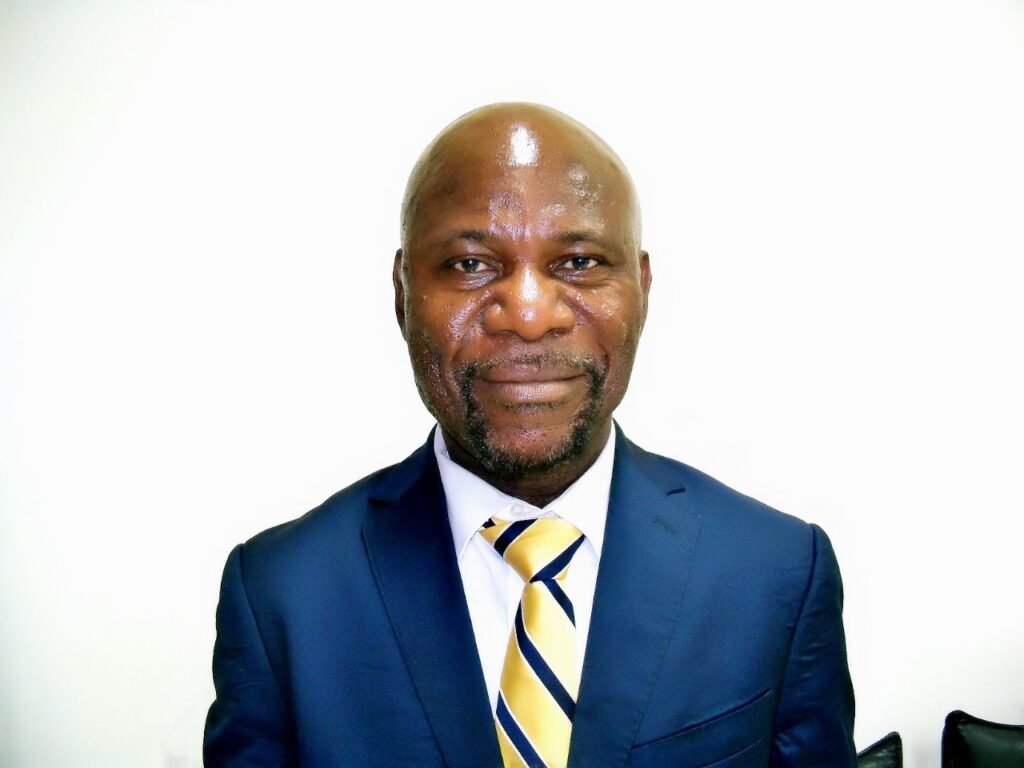
Jones N. Williams is a Catholic-educated public philosopher and U.S.-trained public and domestic policy professional whose extensive career spans roles such as State Administrator for the U.S. Bureau of Labor Statistics programs in Maryland (USA), director of the Jewish Family Services international refugee resettlement and integration programs in the United States, Maryland State Government Labor Market and Information manager (USA), senior classification and compensation analyst for the state of Maryland Department of Budget and Management (USA), federal supported employment program specialist/manager in New York City, family investment policy specialist for the state of Maryland Department of Human Services (USA), project manager for the state of Virginia Statewide Food and Nutrition Services program (USA), data privacy and protection consultant/project manager for U.S. tech giants Yahoo! and Verizon Telecommunications, senior advisor to Liberia’s Minister of Agriculture, consultant for social policy and regional development for the Mano River Union, and City Manager of Monrovia, all underpinned by his studies in public philosophy, sociology and cultural anthropology at St. Kizito’s and Paul’s Catholic Seminaries and college, and a master’s degree in international management with emphasis in public and domestic policy from NYU Wagner Graduate School of Public Service in New York City, USA. He holds designation in project management from the U.S.-based Project Management Institute (PMI) and is a Dongfang Scholar in Governance at Peking University in Beijing, China.


